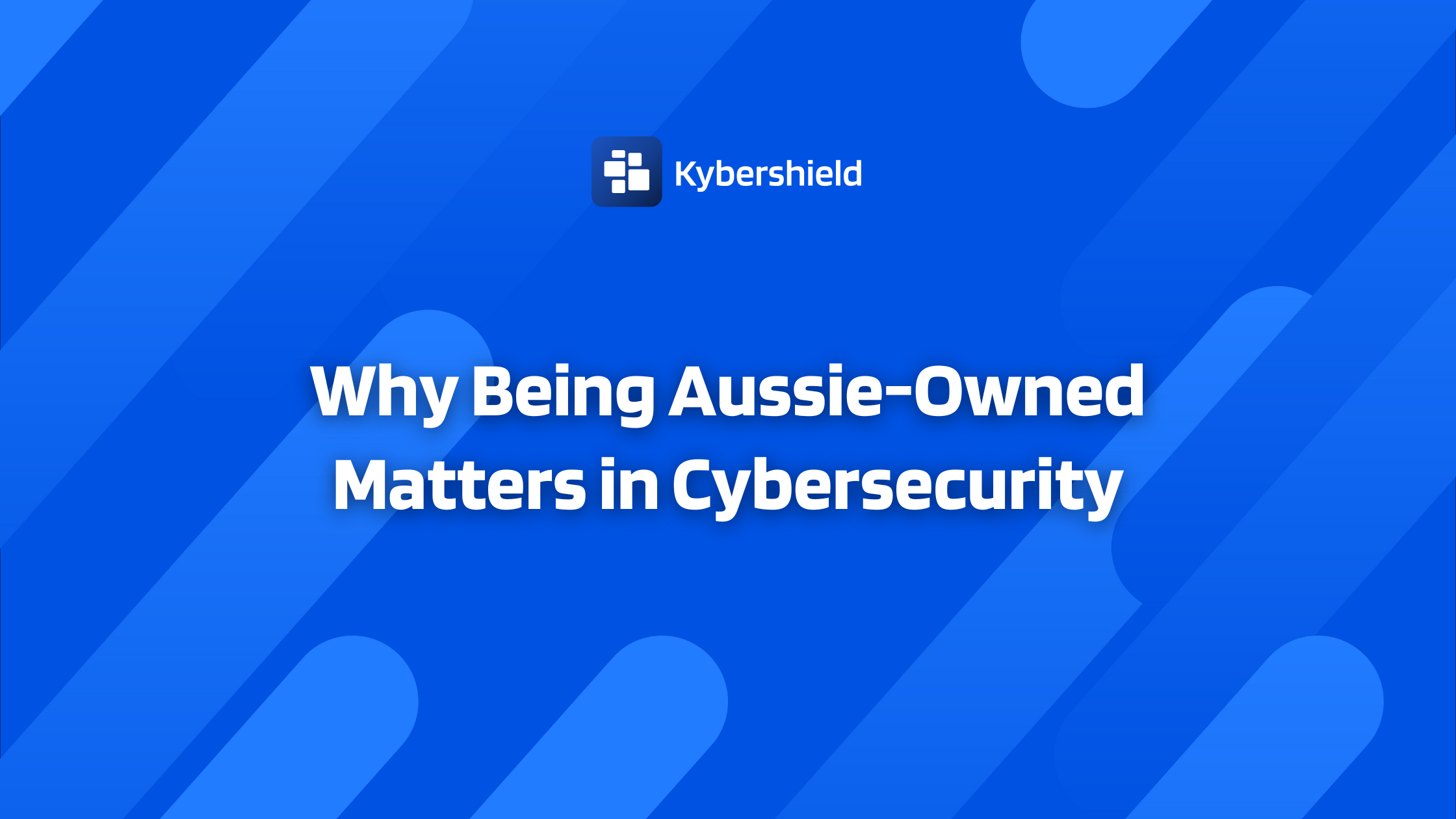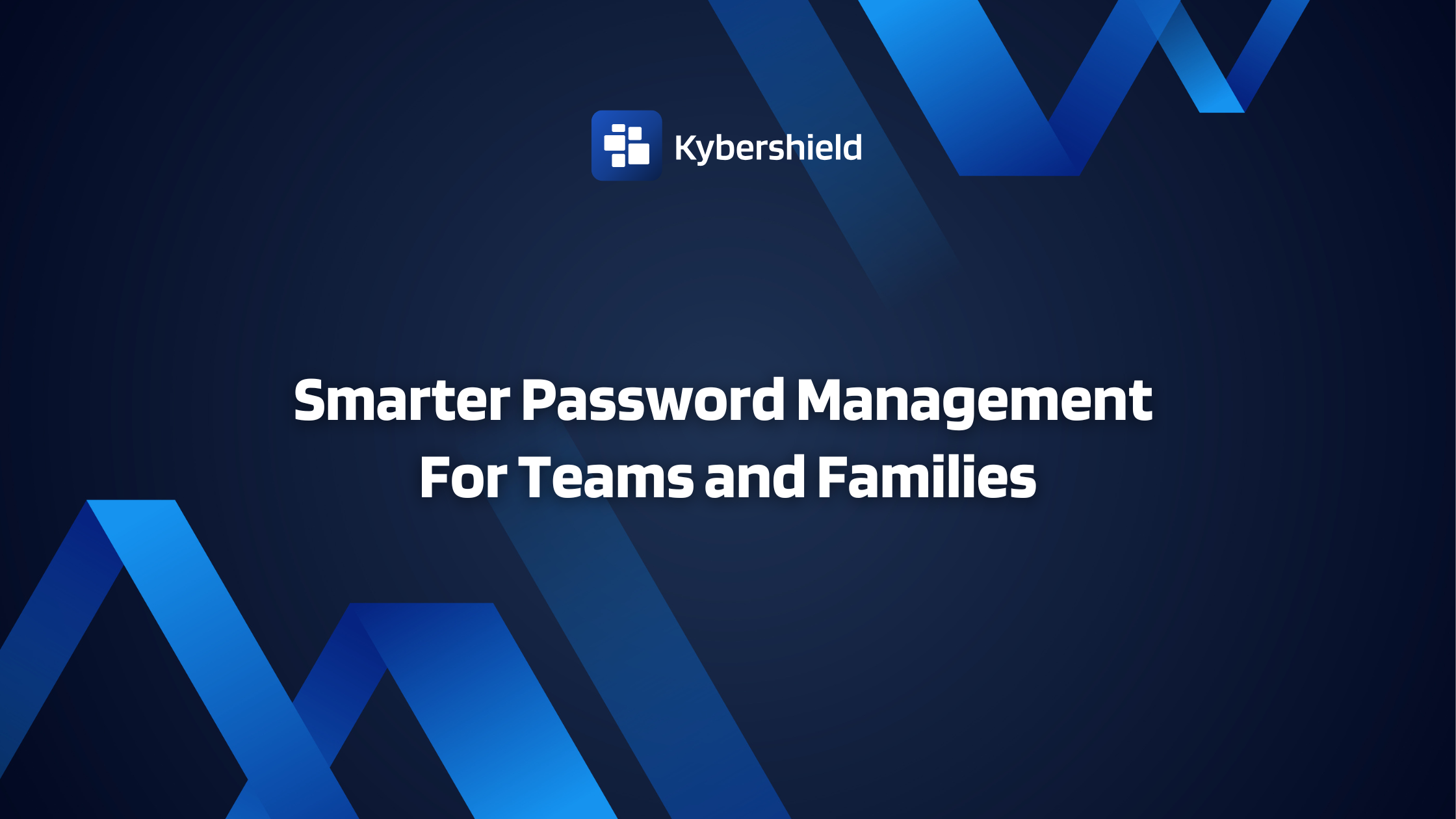Quantum Computers pose a threat to modern encryption algorithms. Kybershield is one of the only password managers that uses the latest verified algorithms with the industry standard algorithms to provide protection for present and the future.
In the world of cybersecurity, change is constant, but some changes are so far-reaching that they redefine the entire landscape. One such change is the impending shift from traditional algorithms, like RSA, to what’s being called “quantum-safe encryption.” If you’ve never heard of this, don’t worry—this post will break it down and explain why it matters to you.
What Is Encryption, and Why Does It Matter?
Encryption is the process of scrambling data so that only someone with the correct key can decode it. This is what keeps your credit card information safe when you shop online, your messages private when you text, and your personal details secure when you use apps. Without encryption, all our digital communications would be out in the open for anyone to see.
The Problem with RSA and Traditional Encryption
For years, RSA (Rivest-Shamir-Adleman) encryption has been the gold standard for securing data. It works by using a pair of keys: one public and one private. The security of RSA relies on the difficulty of factoring large numbers, a math problem that would take classical computers thousands of years to solve.
However, the rise of quantum computing is changing the game. Quantum computers, which operate on principles of quantum mechanics, can process vast amounts of data simultaneously. A fully developed quantum computer could potentially break RSA encryption in mere minutes. This isn’t science fiction—researchers are already making significant strides toward building such machines.
Enter Quantum-Safe Encryption
Quantum-safe encryption, also known as post-quantum cryptography, is designed to withstand the power of quantum computers. It uses algorithms that are resistant to the types of attacks quantum computers can execute. These algorithms are based on mathematical problems that are hard for both classical and quantum computers to solve.
One example of a quantum-safe algorithm is lattice-based cryptography. Reputable organizations, especially NIST, are working on tested implementations of these algorithms.
Why You Should Care
At first glance, quantum computing might seem like a problem for governments and large corporations, not everyday users. But in reality, quantum-safe encryption will impact everyone who uses the internet. If quantum computers become capable of breaking RSA, everything we currently consider secure could become vulnerable. This includes your personal data, financial information, and even the security of critical infrastructure like power grids and healthcare systems. In other password managers, RSA based encryption is used in almost all cross-user key-sharing and in some cases, in the encryption of the data itself. This data can be stored for an indefinite amount of time and broken later, this is called “Harvest now, decrypt later“
How Kybershield protects you post-quantum
Rather then waiting and only taking the standard industry approach, Kybershield is built from the ground up to implement both the standard encryption layered with quantum-safe algorithms to allow for the same trusted protection enjoyed now across the industry but with quantum resistance.
Particularly, Kybershield uses for quantum-resistance CRYSTALS-Kyber for key sharing and CRYSTALS-Dilithium for securing signatures.
As the landscape changes, Kybershield is committed to ensuring we protect users’ data both in the present and against future threats.




